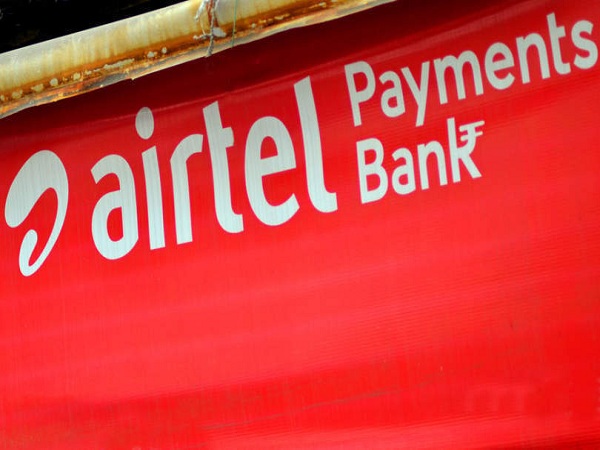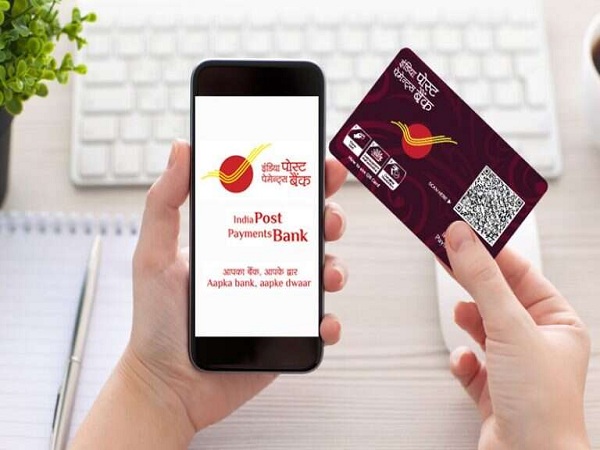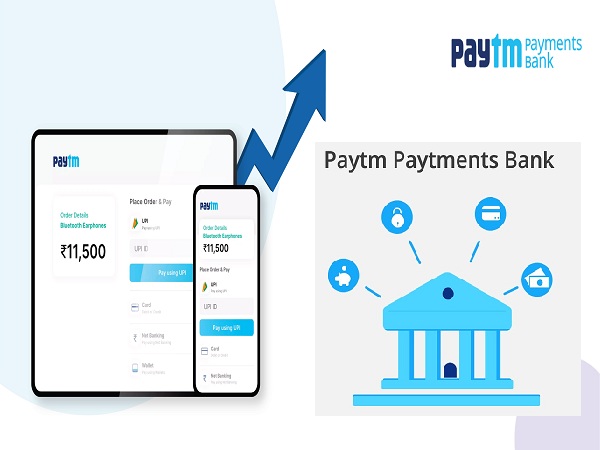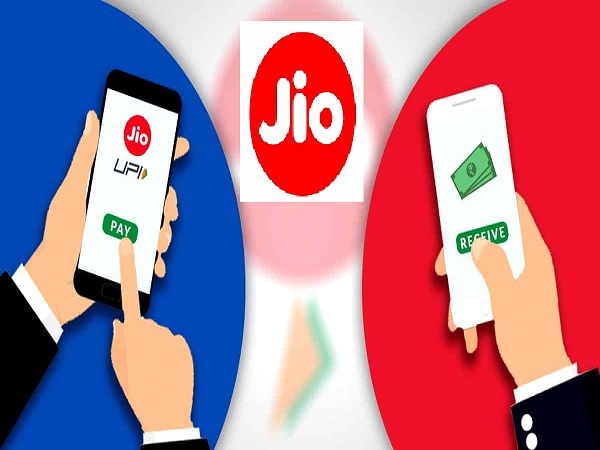e-Tender no. RBI/Hyderabad/HRMD/63/21-22/ET/615
Consequent to the response of the chemists/druggists/stockists to the advertisement issued by Reserve Bank of India in leading local newspapers on January 20, 2021 for “Empanelment of chemists/druggists/stockists for Supply of Drugs and Medicines to RBI Dispensaries”, a panel of six suppliers for the period from April 01, 2021- March 31, 2024 viz Sri Durga Medical Agency, M/s Apollo Pharmacy, Sri Laxmi Medical Hall, Vijaya Medical & General Stores, Sri Mahesh Pharma and Hindustan Medical & Surgicals, who have fulfilled the eligibility criteria and agreed to all the terms and conditions specified in Request for Empanelment document has been prepared.
2. We now invite quotes from empanelled chemists /druggists /stockists for the tender for awarding the Contract for supply of medicines to the Bank’s Dispensaries from April 01, 2021 to March 31, 2022. The likely expenditure is Rs. 3.5 crore. If interested, you are requested to quote your best uniform discount rate for the tentative purchase of items as per the list enclosed. Your offer should be made in Price Bid in Part II of this e-tender. An Earnest Money Deposit (EMD) of Rs. 7,00,000/- (Rupees Seven lakh only) has to be deposited on or before March 15, 2021. The price bids of such of the empanelled chemists / druggists/stockists who have submitted EMD would only be considered for award of the Contract.
Terms & Conditions:
Terms and conditions as detailed below as also specified in our Request for Empanelment Document and agreed by you shall apply. Special conditions as indicated in Form-I shall also be applicable.
1. Earnest Money Deposit (EMD) of Rs.7,00,000/- (Rupees Seven lakh only) must be deposited on or before March 15, 2021 (2:00 pm) along with your bids by way of credit through NEFT (IFSC: RBIS0NEFTHY (please read the fifth letter as ZERO); Beneficiary name: Reserve Bank of India, Hyderabad, A/c No 8614038). Bids without EMD will not be considered and will be summarily rejected. EMD of unsuccessful bidders will be returned within 15 days of awarding the Contract to successful bidder. EMD of the bidders not honouring their commitment / quotations may be forfeited at the discretion of the Regional Director for A.P. and Telangana, Reserve Bank of India, Hyderabad, who is not bound to assign any reason for her action.
2. The successful bidder has to submit a Performance Bank Guarantee (PBG) of Rs.35,00,000/- (Rupees Thirty-Five lakh only) from a scheduled bank within a period of thirty days from the date of award of the Contract, in favour of the Reserve Bank of India, Hyderabad, valid for a period beyond six months of the validity. The EMD submitted along with the bid will be returned soon after receipt of the PBG. The format for PBG is given in Form-II.
3. The successful bidder will enter into a Contract Agreement with the Bank as per format in Form-III. The contract will be valid for a period of one year i.e., April 01, 2021 to March 31, 2022 and the uniform discount quoted by you shall remain firm and valid for the period.
4. Under no circumstance a request for alteration in the discount rate will be accepted/ considered.
5. Time is the essence of the contract, you have to make delivery of medicines at the Bank’s specified dispensary as per the delivery schedule given in each Purchase Order. The chemists/ druggists /stockists must have their office at Hyderabad to execute the order and replace the rejected material if any, on priority.
6. It should be noted that liability to pay any duties, levies or taxes applicable, if any, under the law would be that of the chemists/druggists/stockists. The chemists/druggists/stockists will also have to bear all the expenses etc. connected with proper packaging, carting, transportation etc. in connection with supply to any place specified by the Bank. The Bank will only pay the labelled MRP less discount allowed thereon as per your offer after deducting applicable GST TDS /applicable tax.
7. Quotations (Bids) received without EMD would be considered as unresponsive and will summarily be rejected.
8. Fall Clause: If the chemists/druggists/stockists with whom the Bank has entered into a purchase contract offers a higher discount or sells or even offers to sell medicines following conditions of sale similar to those of the Bank’s contract, to any person or organization during the currency of the rate contract, the discount rate applicable to the Bank will automatically be increased with effect from that date for all the subsequent supplies under the contract and the contract amended accordingly. Other parallel contract holders, if any, are also to be given opportunity to reduce their price as well, by notifying the reduced price to them and giving them 15 (fifteen) days’ time to intimate their revised prices, if they so desire, in a sealed cover to be opened in public on the specified date and time and further action taken as per standard practice.
9. Evaluation Criteria: Quotations shall be based on discount to MRP and the contract for the period of one year i.e. from April 01, 2021 to March 31, 2022 (Form III) shall be given to the H1 bidder i.e. the bidder offering highest discount. The Bank may enter into parallel rate contracts with more than one chemists/druggists/stockists offering highest discount.
10. Fulfilling the above terms & conditions and offering the highest discount does not necessarily mean qualifying for the award of the Contract.
11. The Regional Director, Reserve Bank of India, Hyderabad reserves the right to accept any or reject any or all the offers received without assigning any reason thereof. The Regional Director, also reserves the right to relax or alter any clause mentioned in this document as seem appropriate to her in the interest of the Bank.
12. The Regional Director, Reserve Bank of India, Hyderabad, reserves the right to terminate the Contract at any point of time by giving one month notice period without assigning any reason and without prejudice to any other remedies available to the Bank.
(M Sailaja)
Assistant General Manager
March 02, 2021















